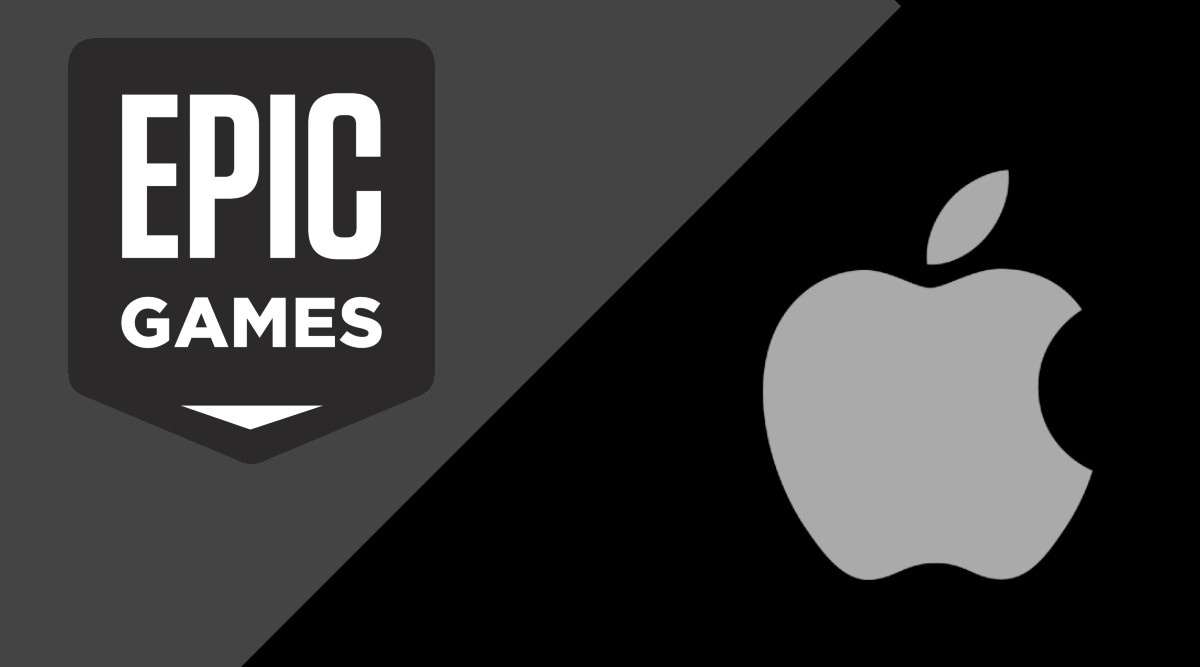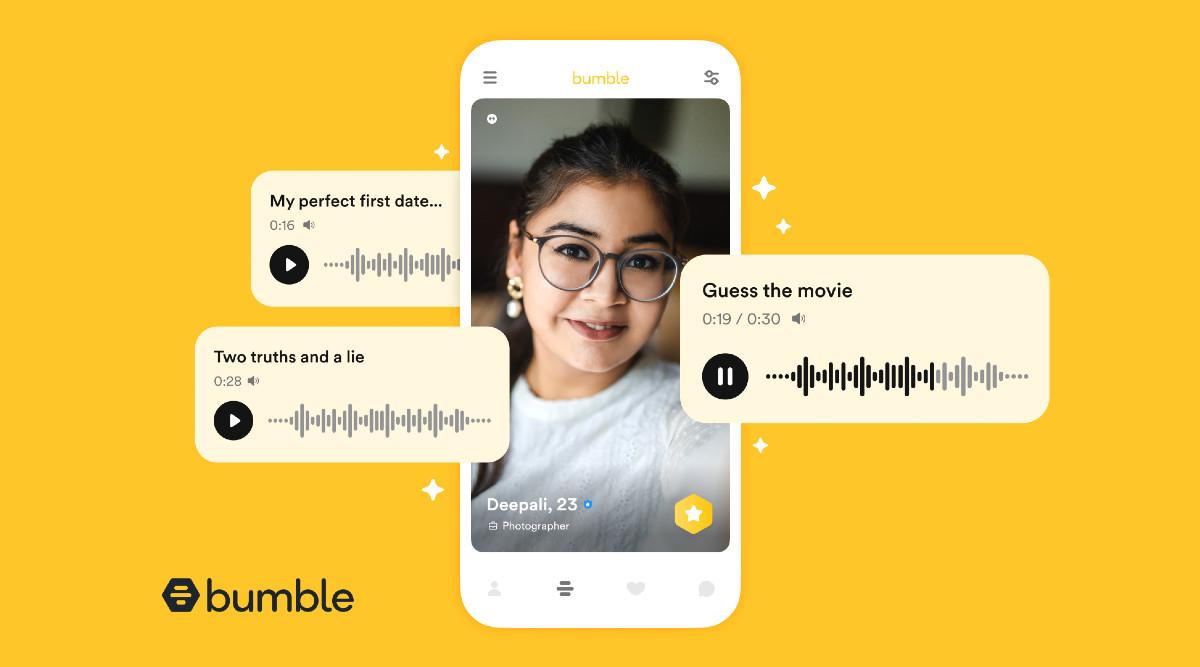Apple and Epic Games are returning to the court following last year’s verdict which ruled in favour of the former on 9 out of 10 counts. Epic had alleged anti-competitive behaviour on part of Apple, accusing the tech giant of monopolistic practices. The videogame publisher was obviously unhappy with the verdict as it had wanted Apple to allow third-party payments, which would’ve helped it increase its revenue. But it wasn’t a complete victory for Apple either, as the company was ordered to remove its anti-steering rules that banned developers from telling users about alternatives to Apple’s in-app purchase system.
Both companies are now attempting to get the ruling overturned in their favour. A lot has happened since the case kicked off back in August 2020, and if you’re having trouble keeping track of it all, then that’s because there’s indeed a lot to keep track of. So in this article, we look back at all that’s unravelled so far and what lies ahead in the Epic Games vs Apple case.
What’s happened so far
The drama began after Epic introduced an alternate way for iPhone and Android users to purchase “V-Bucks” – an in-game currency of its super-popular battle royale game called Fortnite. This alternate way allowed players to avail of special discounts on some in-game items, which could otherwise not be applied. With this addition, Epic circumvented Apple’s 30% cut on purchases made through the App Store. Immediately after, Apple removed Fortnite from the App Store and suspended Epic’s developer account, citing a violation of its in-app payments policy. Google pulled a similar move.
Epic CEO Tim Sweeney believed that the 30% fee was exorbitant and that users should have the option to purchase through other mediums. He sued Apple and Google, and launched a #FreeFortnite campaign that went as far as promoting a boycott of Apple products. Apple filed a countersuit against Epic.
Right from the start, it appeared that Epic was not doing well in the case, with the judge ruling in Apple’s favour in keeping Fortnite off the App Store. However, the same ruling ordered Apple to unblock Epic’s developer accounts, so not all was lost for the game developer. Prior to the ruling, a number of companies including Microsoft had backed Epic’s requests to reverse the ban on its developer accounts. This is because Epic develops and supports Unreal Engine – a 3D graphics game engine that’s the backbone of a huge catalogue of games. Epic losing access to the engine would’ve resulted in its obsolescence on Apple devices since the company wouldn’t have been able to take care of it. This, in turn, would’ve hurt a lot of developers that relied on the engine.
The previous verdict
The lawsuit dragged on for over a year until 10 September 2021, when Judge Yvonne Gonzalez Rogers issued a ruling favouring Apple on nine out of ten counts brought against the company. That one count which was not in favour of Apple blocked Apple from preventing developers to add links within their apps to third-party forms of payments. Judge Rogers also ruled that wasn’t really a monopoly as Epic had alleged. Rather, it was mostly a duopoly alongside Google.
Epic was then ruled to pay Apple $3.6 million, which is 30% of the revenue withheld from Apple in the game company’s attempts to circumvent the App Store. A representative for Apple stated that “the Court has affirmed what we’ve known all along: the App Store is not in violation of antitrust law.” Meanwhile, Tim Sweeney, CEO of Epic Games stated that the ruling “isn’t a win for developers or for consumers.” He also declared that Epic will not be bringing Fortnite back to the App Store until the company’s allowed to offer its in-app payment alternative.
It’s been over a year since that verdict and Fortnite continues to be inaccessible directly across all Apple platforms, except through Nvidia’s GeForce Now and Xbox’s Cloud Gaming services.
The renewed case
So why is the case being dragged back to the court now? It’s obviously all about the money. Fortnite is a free-to-play game that relies mainly on in-app purchases for revenue. A sizeable chunk of that – around 30% – is taken by Apple, and Epic doesn’t wish to pay the ‘Apple tax.’ Apple also refuses to back down since the App Store in its current implementation is super-profitable for the company, with some estimating that those commissions pay Apple $15 billion to $20 billion annually.
Now, Apple is seeking to overturn the order that allows developers to tell users how to make in-app purchases from outside its own payment system, while Epic is seeking to overturn the finding that Apple did not violate antitrust laws.
The case is being fought before the US Ninth Circuit Court of Appeals in San Francisco. Representatives from the US Department of Justice and the state of California are also making an appearance to outline relevant laws.
The recent session saw Epic acknowledging that it had not brought sufficient evidence on some points. Toward the end of the hearing, Judge Milan Smith told Epic’s attorney Tom Goldstein, “the one thing that really troubles me is this failure of proof. Looking at the record, it seems (Apple’s attorneys) have made a good case.”
!function(f,b,e,v,n,t,s)
{if(f.fbq)return;n=f.fbq=function(){n.callMethod?
n.callMethod.apply(n,arguments):n.queue.push(arguments)};
if(!f._fbq)f._fbq=n;n.push=n;n.loaded=!0;n.version=’2.0′;
n.queue=[];t=b.createElement(e);t.async=!0;
t.src=v;s=b.getElementsByTagName(e)[0];
s.parentNode.insertBefore(t,s)}(window, document,’script’,
‘https://connect.facebook.net/en_US/fbevents.js’);
fbq(‘init’, ‘444470064056909’);
fbq(‘track’, ‘PageView’);








